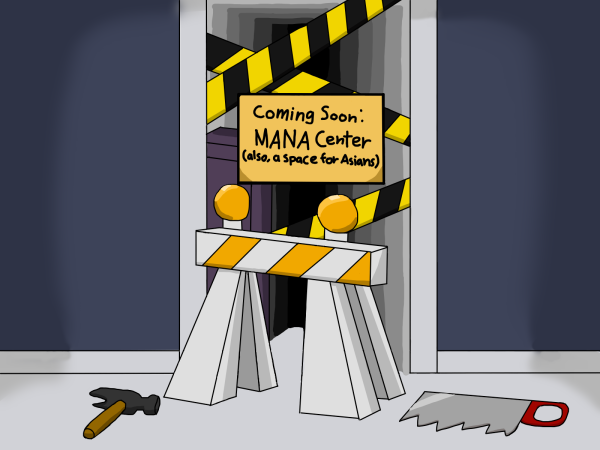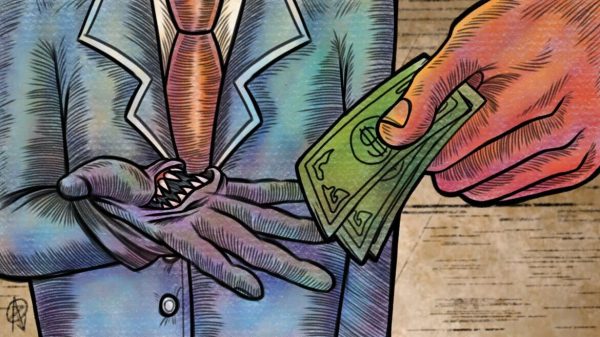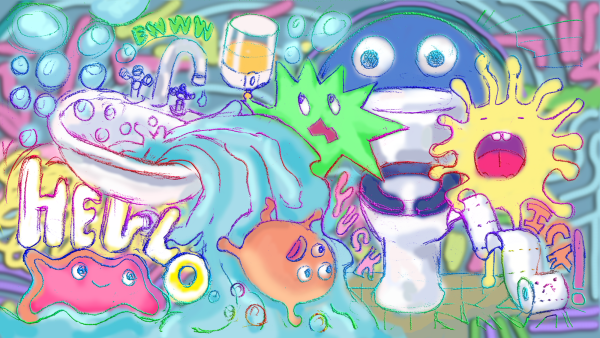Is stem cell research OK? YES
Stem cell research should continue because tens of millions of people all over the world are suffering from diseases such as: cancer, birth defects, spinal cord injuries, Parkinson’s, Alzheimer’s and diabetes, which scientists believe can be helped and eventually cured by discoveries made from stem cell research.
Stem cells are unspecialized cells that can self-renew indefinitely and that can mutate to become any part of the body.
The big controversy is around embryonic stem cells, which are extracted from an embryo between five and seven days after its fertilization.
Adult stem cells are undifferentiated cells (they can become anything) that occur in a tissue such as bone marrow or the brain, in the adult body, but are rare, difficult to find and to purify. Adult stem cells are also difficult to maintain in a laboratory setting.
Hematopoietic stem cells (HSCs), also found in adults, self-renew continuously in the bone marrow. HSCs are also found in the fetal liver and spleen and in the umbilical cord and placenta blood.
The problem with the HSCs is that there aren’t enough of them and the extraction procedures are complicated, time consuming and expensive.
However, many women have already begun to save their placenta and their baby’s umbilical cord in “embryo banks” to insure the availability of the HSCs for their children.
Scientists agree that the embryonic stem cells are the best to do research on because they are pure, they self-renew indefinitely and they are easy to obtain.
There are also lots of frozen embryos that couples no longer want that are going to be destroyed (prevented from growing into humans) but it’s not against the law.
Since destroying the embryo is not against the law, then using it to save lives would naturally be the most humane thing to do.
However, there are people who are against embryonic stem cell research.
Until 1969, Roman Catholics believed that life did not begin until the 40th day after conception, but then the Church changed its opinion.
There are approximately 1.3 billion Christians in the world and there are approximately 6.4 billion people on the planet. It doesn’t make sense that a minority of people should be the ones to determine the fate of millions of humans.
The majority of people who believe that life begins at conception are Christians.
Many other religions don’t believe that life begins at conception; for example, the Jewish law states that an embryo has no moral status until 40 days after it’s been conceived and it isn’t a separate entity from its mother until it is born. Therefore, as embryo created in a lab has no status as a human at all.
In Muslim tradition, ensoulment doesn’t take place until the fourth month of pregnancy, and an embryo has no legal status until that time.
Scientists are fully capable of combining an egg and a sperm to manufacture an embryo that would have no emotional attatchment to it; many religions and millions of people would not consider a moral obligation to a five to seven day old manufactured embryo.
Scientists are also willing to use embryos that are going to be destroyed because the people who had them stored in banks no longer want them. These embryos are going to be thrown away and the chances of saving tens of millions of people from suffering will also be thrown away.
The next time you walk by a person in a wheelchair, or you find out your friend’s mother has breast cancer or your grandmnother doesn’t remember who you are, remember that saving cells from a five to seven day old embryo that was going to be thrown in the trash anyway could save them from this fate.
Stem cell research is vitally important to medical experiments and, quite possibly, to the future health of someone you know and love.









